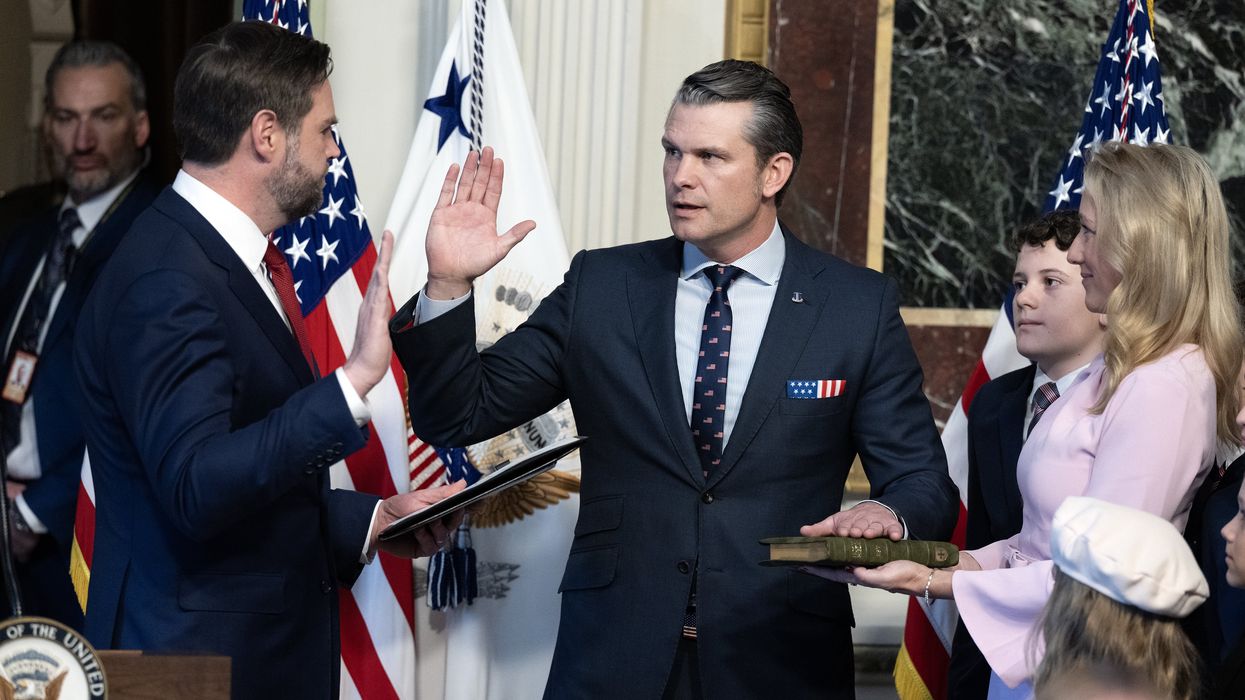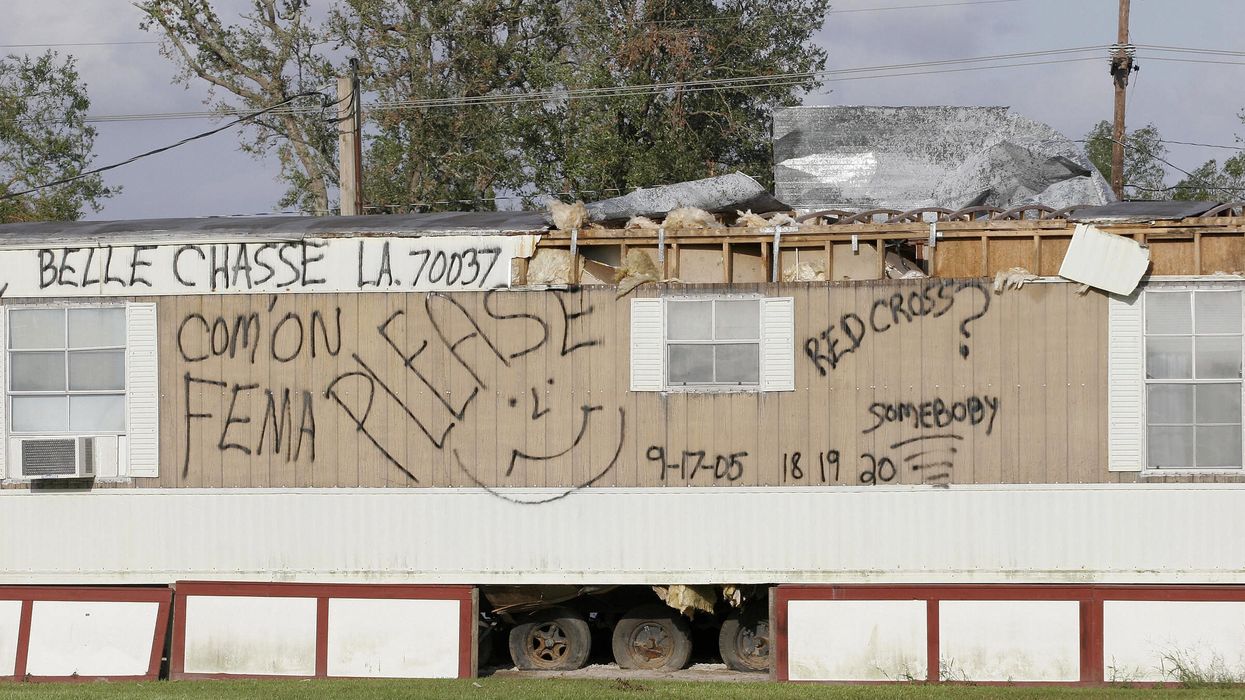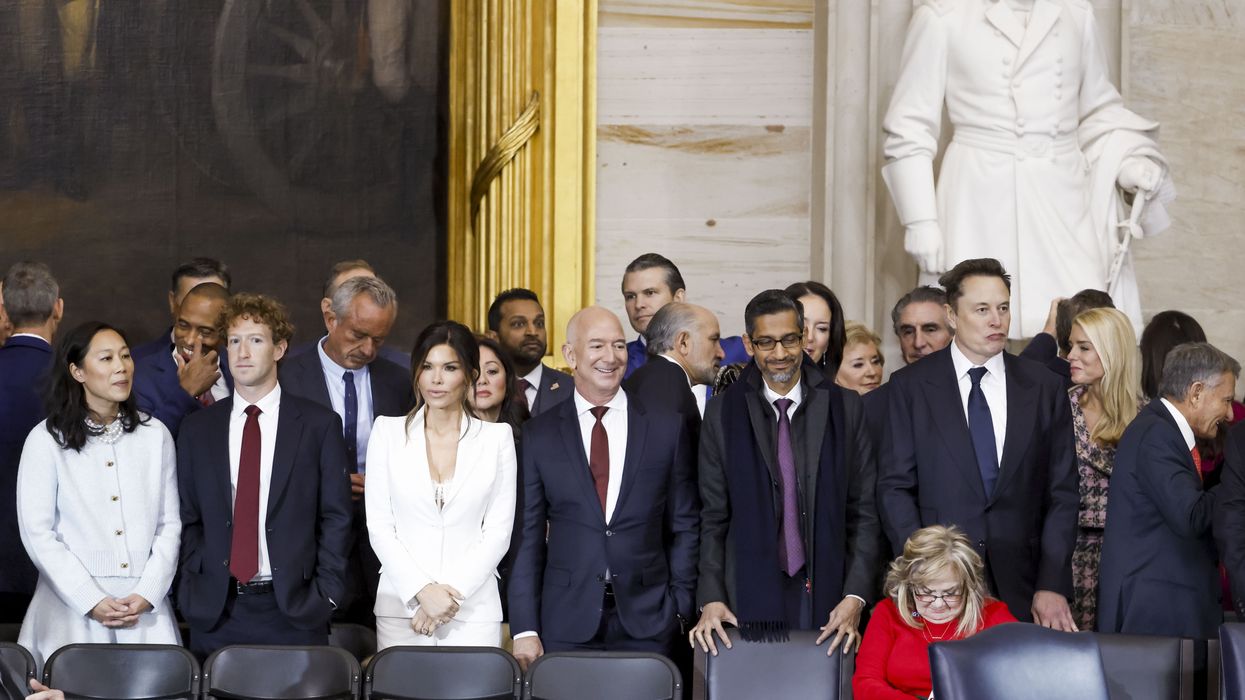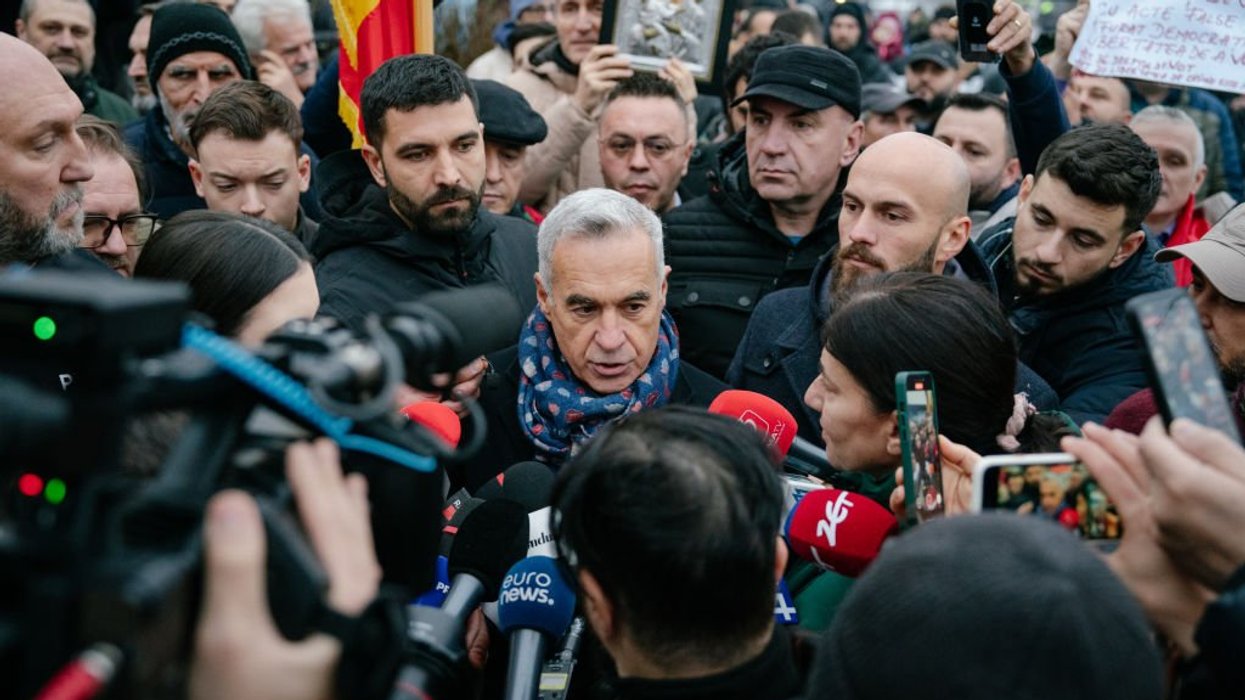Yesterday, Glenn had what he described as the most outrageous, unprofessional interview he's ever experienced in his entire career --- and he's had a lot of bad interviews. Regularly taken out of context and asked to rehash comments from years earlier, Glenn has become accustomed to navigating challenging interviews. However, the reporter from NPR, who also happens to be a journalism professor, came in with a clear, predetermined agenda.
RELATED: So, Angelina Jolie’s Interview With the FBI About Brad Pitt Was Longer Than Hillary’s
"He wanted to get even," Glenn said Friday on his radio program. "Because he disagrees with me. He thinks I'm a bad guy."
The final question posed by the reporter confirmed his biased agenda.
"You would not believe his last question. And I guarantee, if you hear it on NPR, he's going to leave one part of his question out . . . the most unprofessional thing I've ever experienced," Glenn said.
An edited version of the interview will likely be aired on NPR this weekend.
Read below or watch the clip for answers to these questions:
• How many toads will Glenn have to kiss?
• Why is it critical to reach outside our circles and talk to people?
• Why did NPR say the interview would actually be about?
• Did NPR conduct its research from 2006?
• What were Glenn's parting words to the reporter?
Below is a rush transcript of this segment, it might contain errors:
Yesterday, I did absolutely -- I can't say I did it. I was asked to be interviewed by the most unprofessional interviewer I have ever experienced in my career. The most shameful display of hatred and destruction I have seen in my career. And I've done some pretty rough interviews.
I have been as -- the boys keep telling me every day, "Stop doing them, Glenn. Stop doing them."
I'm doing it because I feel we have to reach out, outside of our own circle. If we just continue to talk to each other, we're never going to make any progress because it will be us versus them. And I've got to find somebody -- I'm going to kiss a thousand toads, hoping that one of them will be a princess. And, you know what, all 1,000, all of them may be toads, but I am not giving up that there is somebody outside of our circle that feels exactly the same way we do, that this has got to stop.
PAT: Charlie Rose may have been a princess.
GLENN: I think he was. I think he was.
PAT: Or a prince. He might like that better.
GLENN: We'll see -- yeah. We'll see how that works out.
PAT: Yeah.
GLENN: And I don't expect any of them to have the same attitude with me after the election, if Hillary wins. I know. I know how they treated John McCain and everybody else on our side -- there's nobody -- unless you sell out your values and you become, what's his name, that Brooks or whatever his name is. Not Brooks.
PAT: David Brooks?
GLENN: Yeah, David Brooks. No, he's the left. The guy on the right who is always a conservative that flipped over to the liberal side and he still calls himself a conservative.
STU: David Brooks is the New York Times conservative --
GLENN: Yeah, okay. So it must be him.
STU: Yeah. Yeah. I think that's who you're thinking of.
GLENN: So -- so I'm not changing my principles. I'm not changing my policies. I'm trying to change my approach and be a better person. I said when I was on Megyn Kelly two years ago, I don't know what I would have done differently when I was on Fox.
Well, I still don't know. But I know what I didn't try was trying to watch every word to not say something inflammatory. Well, that's really hard. To be honest, to be clear, to know what the difference is between turning over the tables and being very, very clear and being inflammatory.
PAT: Plus, much of what they call inflammatory or hate speech was just telling the truth. And they just didn't want to hear it. And that's what pisses me off. Because we said -- we called Barack Obama what he was, and that's a Marxist. And that was perceived as racist and hateful. And it just -- he just was.
GLENN: Yeah.
PAT: Marxist -- being a Marxist isn't a sign of hatred. It's not a sign of racism.
GLENN: Well, there's nobody asking --
PAT: It adheres to a set of policies that we don't agree with, and we called him out on it.
GLENN: Right. Right now, there's no evidence that Donald Trump is a racist. There's no evidence of that, but I have heard journalists --
PAT: In the past, there is. But...
GLENN: Yes. Yes. Okay. But that's, again -- the -- but you're not going to hear people grilled over calling him a racist. Even though, there's no real --
PAT: That's for sure.
GLENN: -- no real evidence of that.
PAT: That's for sure.
GLENN: You're not going to hear anybody grilled on that on the right. Do you think, Stu?
STU: I was reading a review of Dr. Strange.
GLENN: Right. Okay.
(laughter)
GLENN: I mean, it's -- I mean, there are people who are saying those things who believe it. Those who don't. And you're having a conversation, trying to figure out who this guy is. Okay?
I take full responsibility for -- for my cavalier attitude on everything.
Anyway, I don't want to get back into this.
Here's where I'm headed: I'm doing this interview with NPR. And they want to talk about the future of, "Can we come together?" The future of the conservative movement. That's what I'm sold.
They start --
PAT: Wow.
GLENN: Yeah. They start with, you know, something that I said ten years ago.
JEFFY: Ten years ago.
GLENN: That was clearly explainable. He has the tape. I explain it. He has the tape. And he's like, "Well, let me take you back down." And it's exactly basically what I said. And it's all out of context.
And they then he asks, you know, so where have you been, you know, since you were on Megyn Kelly?
GLENN: And I said, "Well, I've helped raise $11 million to help the Syrian and Iraqi Christians to escape ISIS. We have held the largest peace march in Birmingham, Alabama, since -- since Martin Luther King."
JEFFY: I've employed hundreds of people here in the United States of America. What have you been doing, WNYC professor?
GLENN: Stop.
So I did blow a gasket there.
(chuckling)
And so the last question he asked me -- now, tell me -- tell me how we move forward. If we don't allow people to say, "I take responsibility for everything I did and I've asked for forgiveness -- and there's a time when you say, "Okay. I'm done asking for forgiveness. We have to move forward." And if it's not on -- if you need to keep dwelling on it, it's on you. You've got to let it go.
I've asked for forgiveness. I've been very public about it. Now it's on you. You have to move past it. And if you can't and you keep trapping somebody in the same place -- if we keep doing this -- if there's somebody with a change of heart and they really have a change of heart and we continually say, "No, they're a bad person." Well, then, that's on us. Watch them. And watch the fruits of their labors.
What are they actually doing?
Okay. This is what he said to me.
He said, "So this is -- and I'm paraphrasing. "This is a big show. I mean, you're an actor, and you just say things for show. You've said you're a rodeo clown." Blah, blah. Isn't this just a way for you to make more money and grab a new audience, and isn't this all just for show? And, by the way, I consider that a rhetorical question."
(laughter)
STU: Wow.
PAT: Jeez.
GLENN: I consider that a rhetorical question.
This is a journalism professor.
STU: Huh.
GLENN: I didn't know that at the time.
STU: It's a great point on -- that you've made a million times about the way we are teaching our young journalists.
GLENN: What are those -- what are those kids learning in his class? That's a question -- and I'll bet you, they edit out, "I consider that a rhetorical question." I can guarantee you they edit that out. I said nothing. I let it go for about a minute of silence.
And he said, "Mr. Beck." And I said, "Yes."
He said, "Do you have an answer?" And I said, "No, you said it was a rhetorical question."
(laughter)
JEFFY: You said it was rhetorical.
GLENN: It's unbelievable. Unbelievable.
PAT: And is that where it ended then?
GLENN: I said to him, "I hope that some day you can find in your heart a place where you can accept that people do change, people are trying to be better people."
(music)
JEFFY: You can count on that airing. Yeah, no kidding.
(music)
GLENN: Yeah.
STU: Did he start -- it seems like he started researching this interview in 2006 and then stopped after that.
PAT: Yeah, I know.
GLENN: It doesn't matter. Anyway, let's not do what they do.
PAT: No, let's. Let's.
GLENN: No, let's not do what they do. No.
Featured Image: The Glenn Beck Program















